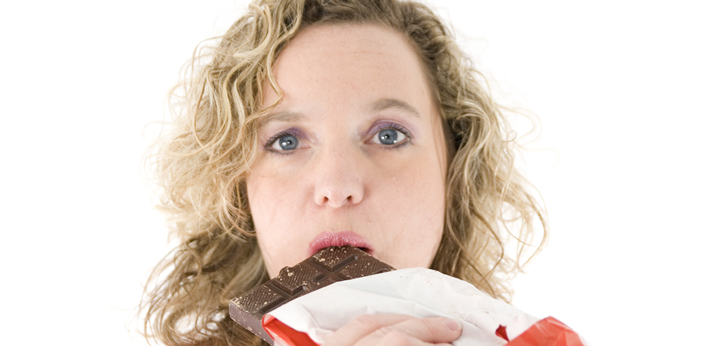 How breathing can help you lose weight
How breathing can help you lose weight
I remember reading in Be Here Now by Ram Dass a part where he talked about a woman who began to use the powerful yogic breathing techniques for weight loss. Not only did she lose weight, she overdid it and ended up with psychic powers as well. Putting the attainment of those powers aside, I think many of you would be interested in knowing how yogic breathing can provide a holistic natural way to lose weight.
The breathing technique Ram Dass was talking about in his book was the breath of fire. Many of you might recognize this if you have studied Kundalini yoga. This is an advanced technique designed as it says to build fire in the body. This type of breathing has the effect of stoking the metabolism by oxygenating the system according the beliefs of Ayurveda, a system of traditional medicine that originated in India and complements the practice of yoga.
Pranayama is of course the fourth limb of yoga according to Patanjali who wrote Yoga Sutras and explained how yoga is a powerful system of spiritual transformation. Recently I had the pleasure of taking a unique yoga class, Yoga Heart Meditative MovementTM with Dinndayal Morgan in Napa. He shared with me a way to incorporate the notion of using breath to fire up the metabolism, build more heat and heart I may add, which can be practiced by beginners.
Many of you may be familiar with the three part breathing which is the basic one that is taught. You inhale through the nose slowly (I can’t emphasize that enough), letting the diaphragm drop and the rib cage expand for 5 counts, you hold or pause the breath for 20 counts and exhale for 10. This should also be done with caution as the breath holding called kumbakh brings on or resembles a deeper meditative state as the body’s oxygen requirement is reduced. This technique is considered to be the royal road to deeper meditative and mystical states so it should always be practiced gently without forcing it. I recommend one build to holding the breath for 20 counts or just do a few to get started. Start with a series of 5 and build to 20 holding the breath for 20 counts.
The ideal way to use this type of breathing is to set up your meditation practice. Imagine…breath and lose weight. What I found happened from using these techniques and teaching them to my clients is my cardio vascular capacity increased exponentially. I do not get out of breath easily when I do cardio exercise.
I am happy to announce that Dinndayal will be joining me in a retreat I am creating in Napa on personal power that will include Yoga Heart Meditative MovementTM, breathing, guided meditation, journaling and a creative process. In the meantime if you want to supercharge your metabolism, reduce stress, and practice healthy weight loss I recommend you try the breathing. These techniques are also included in the Nirvana Diet™ Home Study program if you want to learn all of them.


 I have been taking a fabulous tele-class with Neale Donald Walsch, author of Conversations with God.
I have been taking a fabulous tele-class with Neale Donald Walsch, author of Conversations with God.